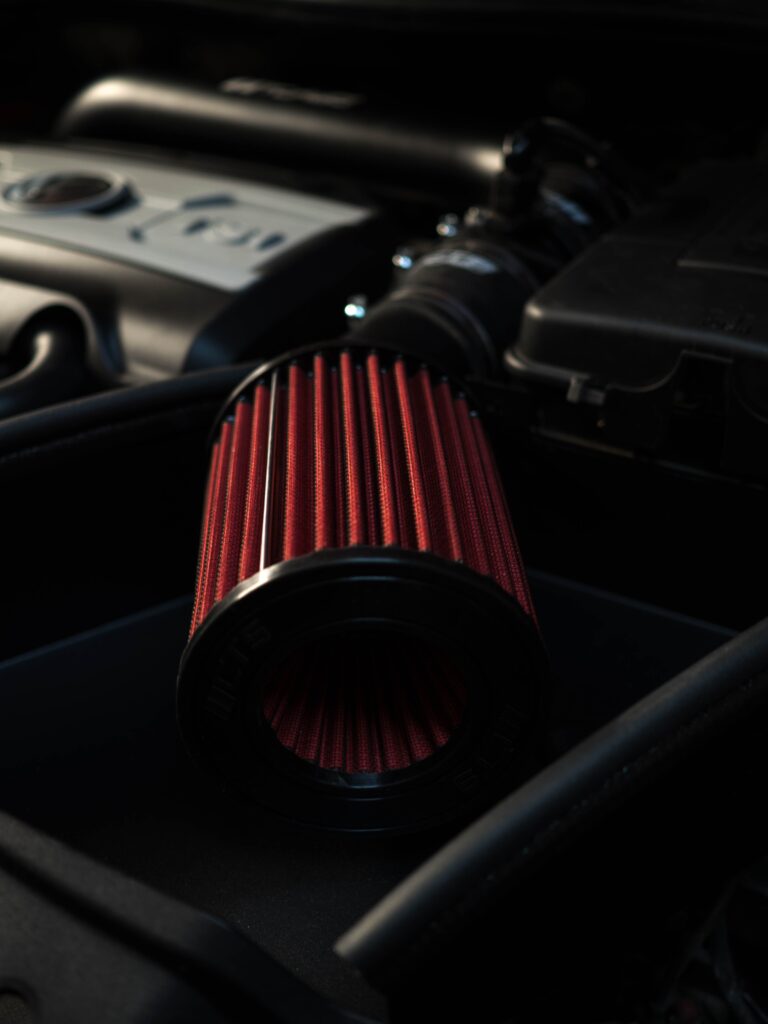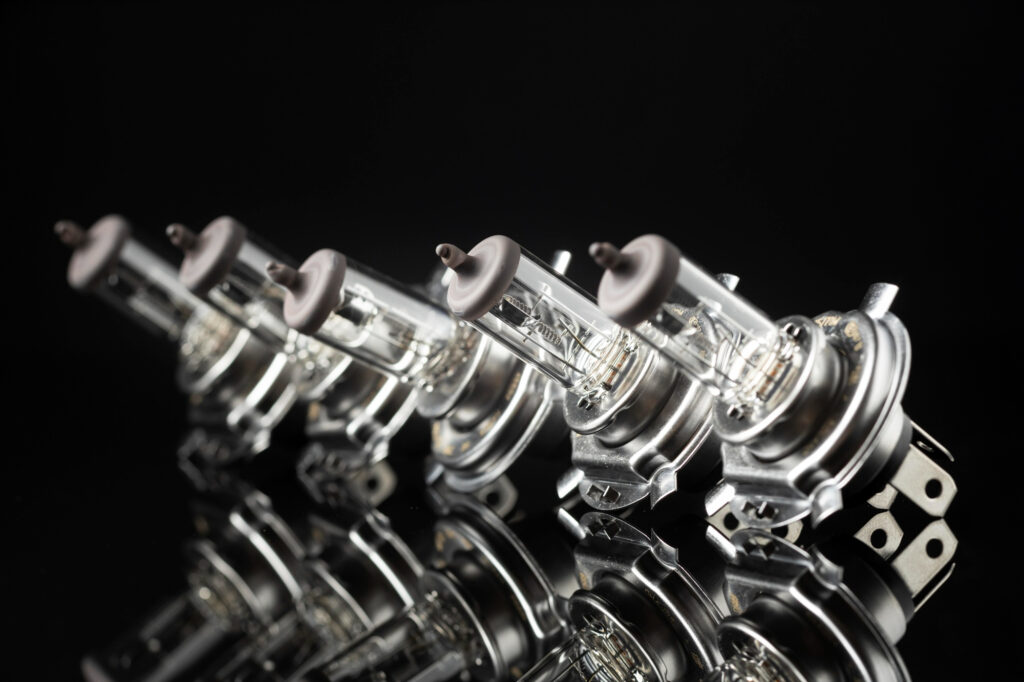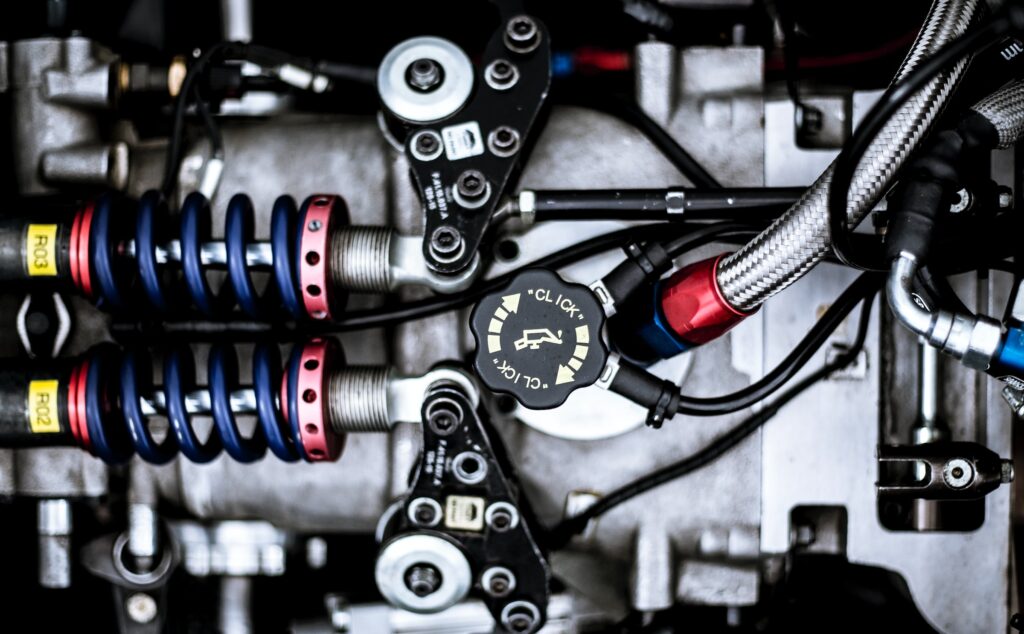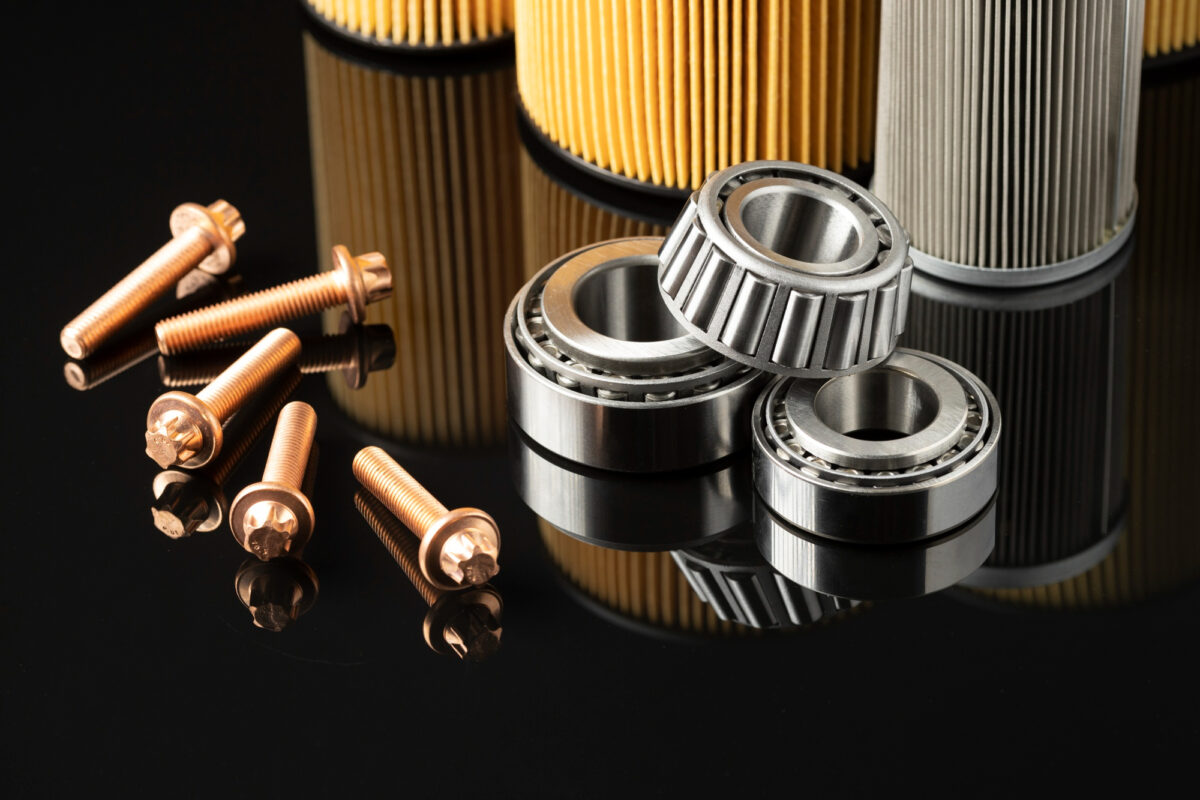Generic vs Genuine: What Is The Difference?
An important part of owning a car is keeping it in good running condition, but as we all know, services and car parts aren’t cheap.
Life is becoming increasingly expensive, so it’s understandable that you’d want to find the most affordable ways to get all those important things taken care of – including your car. If you’re on a tight budget, you’d be happy to know that there is an option beyond genuine parts to fit onto your vehicle, and that comes in the form of generic alternatives.
Manufactured and sold at a significantly lower price than what you’d pay for the original parts from the manufacturer, generic parts allow people to maintain their cars on a budget.
But what are the differences really, and is it safe to opt for generic parts?

What Is The Difference Between Genuine and Generic?
In all honesty, there isn’t much of a difference. Generic parts are very much like generic medication: they were designed to be exact replicas of the original.
Generic parts are typically directly reverse-engineered from the original components and look exactly the same. In fact, often, the difference between the two comes down to a brand name or packaging.
Original parts, also called OEM, or Original Equipment Manufacturer, are the exact same parts your car was fitted with when it was originally assembled. Generic parts are very much like generic medication: they were designed to be exact replicas of the original.

Is It Safe To Have Generic Parts Installed?
A lot of car manufacturers and manufacturer-approved service technicians insist that it’s unwise and unsafe to install generic parts in your vehicle if you care about its longevity and your own safety. However, as long as you purchase parts from a reputable retailer or auto parts franchise, the choice to buy a generic part should be quite safe.
One aspect that may differ is that generic car parts may not have the same warranty as original parts – or may not even come with any warranty at all, but this comes as part of the territory as you’re paying less for the part.

Another potential drawback is that the actual materials used to make the part may not be as durable as the OEM version, which means the part could wear down much sooner and have a reduced lifespan than the more expensive OEM part.
If you’re presented with the option of going for OEM or generic parts, be sure to find out about the reputation of the brand being offered to you. If a trusted car parts franchise sells generic parts and recommends them, you should be quite safe in making the purchase.
Again, just be aware that while the part will cost you significantly less, the old adage of “you get what you pay for” always rings true, so don’t expect the same durability and lifespan when fitting a generic part.

